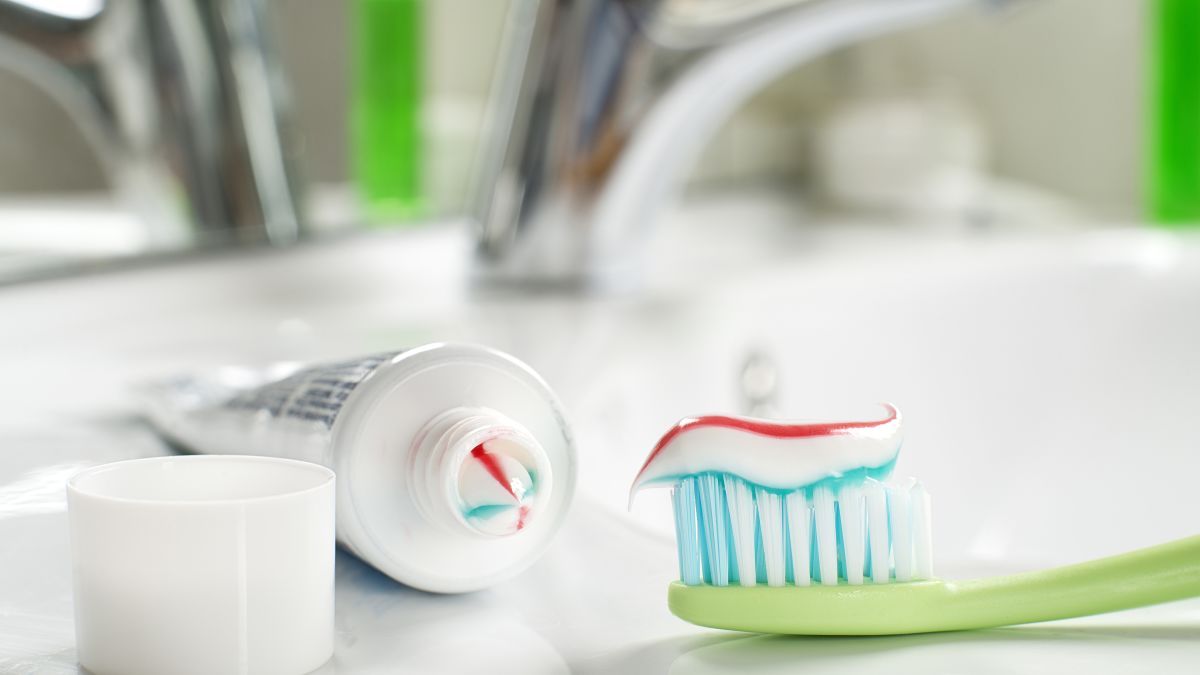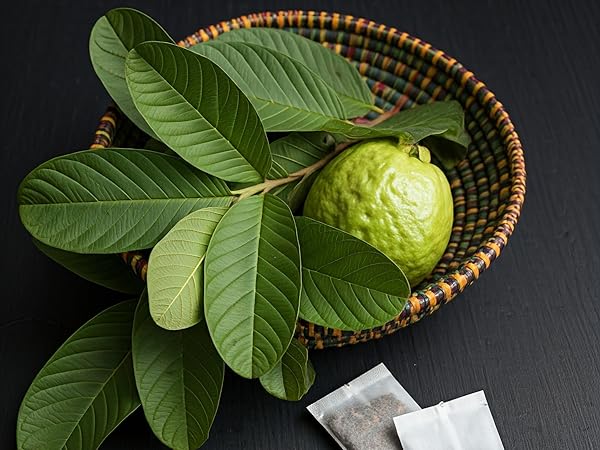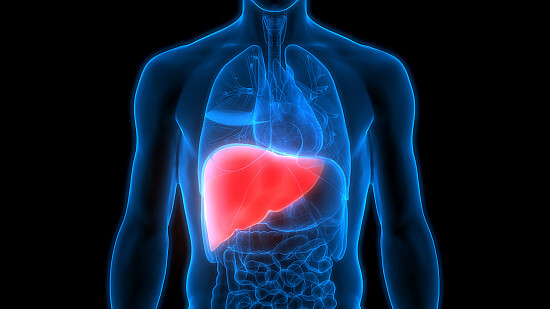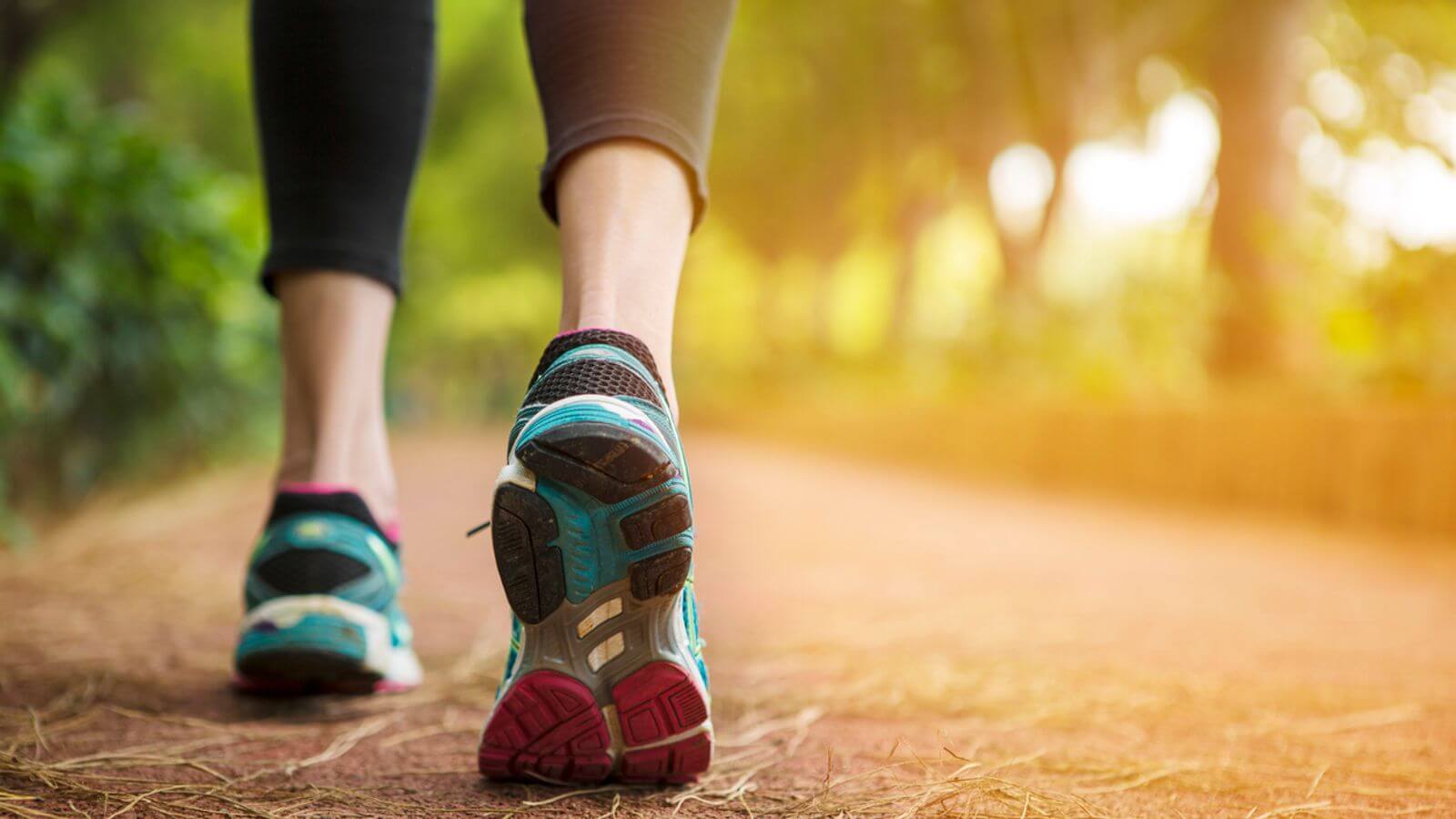Chemicals in everyday products can up risk of osteoporosis: Study
Thu 27 Jun 2019, 12:51:34

Beijing: Women exposed to triclosan, a chemical widely used as an antibacterial in soaps, tooth pastes and other personal care products, are more likely to develop osteoporosis, a study has found.
Triclosan is an endocrine-disrupting chemical that has been banned by the US Food and Drug Administration (FDA) from over-the-counter hand sanitiser in recent years.
The research, published in the Journal of Clinical Endocrinology & Metabolism, is the first of its kinds to investigate the association between triclosan exposure with bone mineral density and osteoporosis.
A person can be exposed to triclosan via consumer
products, like soaps, hand sanitisers, toothpaste, and mouthwash and contaminated water. "Laboratory studies have demonstrated that triclosan may have potential to adversely affect the bone mineral density in cell lines or in animals," said Yingjun Li, from Hangzhou Medical College School of Public Health in China.
products, like soaps, hand sanitisers, toothpaste, and mouthwash and contaminated water. "Laboratory studies have demonstrated that triclosan may have potential to adversely affect the bone mineral density in cell lines or in animals," said Yingjun Li, from Hangzhou Medical College School of Public Health in China.
"However, little is known about the relationship between triclosan and human bone health," said Li. The researchers analysed data from 1,848 women to determine the link between triclosan and bone health. They found women with higher levels of triclosan in their urine were more likely to have bone issues.
No Comments For This Post, Be first to write a Comment.
Most viewed from Health
AIMIM News
Latest Urdu News
Most Viewed
May 26, 2020
Do you think Canada-India relations will improve under New PM Mark Carney?
Latest Videos View All
Like Us
Home
About Us
Advertise With Us
All Polls
Epaper Archives
Privacy Policy
Contact Us
Download Etemaad App
© 2025 Etemaad Daily News, All Rights Reserved.






























